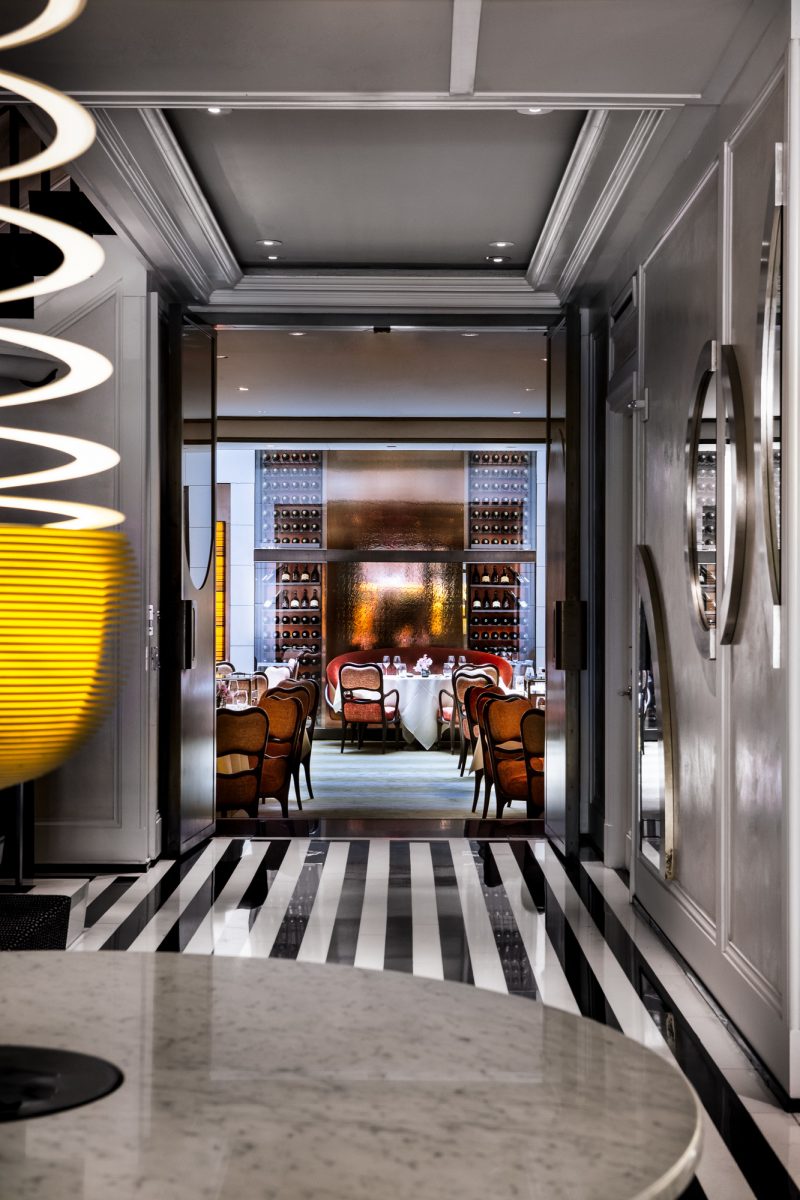Is the allure of luxury hotels fading in the competitive hospitality market? The bold statement that luxury hotels are irreplaceable icons of modern living attracts many. Consider The Mark Hotel in New York, a beacon of opulence and grandeur since its inception. This establishment has consistently redefined standards for comfort and elegance. Its strategic location on Manhattan's Upper East Side places it among the city's most prestigious addresses. The hotel's reputation as New York’s Most Boldly Lavish Hotel draws affluent travelers seeking an unparalleled experience. Yet, recent developments suggest shifts in ownership dynamics could reshape its future.
Alexico Group recently tabled a $1 billion acquisition offer for The Mark Hotel, sparking speculation about the property's future under new management. Established luxury hotels like The Mark often face pressures from evolving market trends and emerging competitors. Despite this, their legacy and brand equity remain strong assets. The Mark's Art-Deco inspired interiors, crafted with meticulous attention to detail, continue to captivate visitors. From the moment guests step into its marbled monochrome-striped lobby, they encounter an ambiance that blends timeless elegance with contemporary sophistication. Such elements contribute significantly to the hotel's enduring appeal, ensuring it remains a sought-after destination for discerning travelers worldwide.
| Property Information | Details |
|---|---|
| Name | The Mark Hotel |
| Location | New York, NY |
| Established | Historic roots dating back decades |
| Current Ownership | Potential transition to Alexico Group |
| Website | Official Website |
| Key Features | Art-Deco design, signature M monogram bathrobes, exclusive gift cards |
The Adam's Mark Hotel in Philadelphia offers another perspective on the evolution of iconic hospitality properties. Originally opened in 1965 as a Holiday Inn, it underwent several transformations before being demolished in 2006 to make way for a retail development. This transformation highlights how urban landscapes evolve over time, often prioritizing commercial needs over historical preservation. However, memories associated with such establishments linger in the minds of those who experienced them during their operational years. Such stories underscore the emotional connections people form with specific locations throughout their lives.
In contrast, MARK Hotel Belgrade represents a newer entrant in the luxury hospitality sector. Opened with a commitment to providing guests with a modern approach to hospitality, this 4-star property distinguishes itself through innovative design choices. Located conveniently near Palace Belgrade, it caters effectively to both business and leisure travelers. The hotel's interior design emphasizes clean lines and warm atmospheres, creating inviting spaces conducive to relaxation and productivity alike. As part of Preferred Hotels & Resorts, MARK Hotel Belgrade aligns itself with global standards while maintaining local character, offering visitors authentic experiences reflective of Serbian culture.
Luxury hotels play crucial roles beyond mere accommodation providers; they serve as cultural landmarks contributing positively to local economies. For instance, The Mark Restaurant and Caviar Kaspia at The Mark Hotel enhance dining options available within the vicinity, attracting food enthusiasts eager to sample exquisite cuisines prepared by renowned chefs. Similarly, availability of branded merchandise such as post-shower loungewear featuring the signature M monogram enhances overall guest satisfaction levels by allowing patrons to carry pieces of their stay home with them long after departure.
As hospitality industry continues evolving rapidly driven by technological advancements and changing consumer preferences, established players must innovate continuously to maintain relevance. Leveraging digital platforms effectively becomes essential for reaching wider audiences globally while preserving personal touchpoints valued highly by loyal customers. Furthermore, sustainability practices increasingly factor into decision-making processes regarding operations management given growing environmental consciousness amongst stakeholders involved across entire value chain networks.
Ultimately, whether discussing storied institutions like The Mark Hotel in New York or emerging stars such as MARK Hotel Belgrade, each contributes uniquely towards enriching tapestry comprising world's finest lodging establishments today. Their ability adapt successfully amidst shifting paradigms determines longevity prospects moving forward. By embracing change proactively yet respecting foundational principles underlying success achieved thus far, these entities position themselves favorably poised capitalize opportunities presented tomorrow's dynamic marketplace environment.



